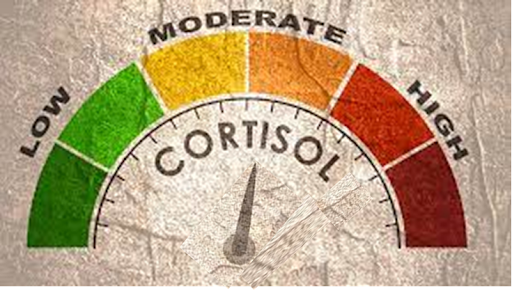(lenzchiofficial.blogspot.com)
Eating a healthy diet is important for maintaining good health, but it can be challenging when you are on a tight budget. Fortunately, eating healthy doesn't have to break the bank. With a little bit of planning and some smart shopping strategies, you can enjoy a nutritious and budget-friendly diet.
In this blog
post, we will share some tips for eating a healthy diet on a budget.
1.
Plan your meals ahead of time.
One of the most effective ways to save money
on food is by planning your meals ahead of time. Sit down and create a meal
plan for the week and make a grocery list based on the ingredients you'll need.
Stick to the list and avoid impulse purchases. Planning your meals will help
you avoid buying excess food that goes to waste and help you make healthier
choices.
Buying in bulk can save you money in the long
run. Many grocery stores offer bulk items such as rice, beans, and nuts. These
foods are inexpensive and can be used in a variety of recipes. They are also
great sources of protein and fiber, which can help you feel full and satisfied.
3.
Cook at home.
Cooking your meals at home is another great way
to save money and eat healthily. Eating out can be expensive and often leads to
unhealthy food choices. Cooking at home allows you to control the ingredients
and portion sizes, which can help you make healthier choices. You can also save
leftovers for lunch the next day.
4.
Buy seasonal produce.
Buying produce that is in season can save you
money. When produce is in season, it's abundant, which means that it's less
expensive. It's also fresher and tastes better. You can buy in bulk and freeze
any excess produce for later use.
5. Choose affordable sources of protein.
Protein
is an essential part of a healthy diet, but it can be expensive. Choosing
affordable sources of protein such as eggs, canned tuna, and tofu can help you
save money. These foods are also versatile and can be used in a variety of
recipes.
6.
Use coupons and shop sales.
Using coupons and shopping sales can help you
save money on groceries. Check your local newspaper or online for coupons and
weekly sales. You can also sign up for loyalty programs at your favorite
grocery stores to receive discounts and special offers.
7.
Avoid processed foods.
Processed foods are often more expensive and
less healthy than whole foods. Stick to whole foods such as fruits, vegetables,
whole grains, and lean proteins. These foods are not only healthier but can
also be less expensive.
Eating
a healthy diet on a budget is possible. By planning your meals, buying in bulk,
cooking at home, buying seasonal produce, choosing affordable sources of
protein, using coupons and shopping sales, and avoiding processed foods, you
can save money and eat healthier. Remember, small changes can make a big
difference in your overall health and well-being.



























